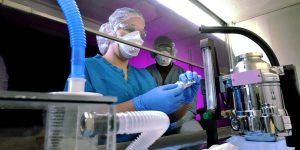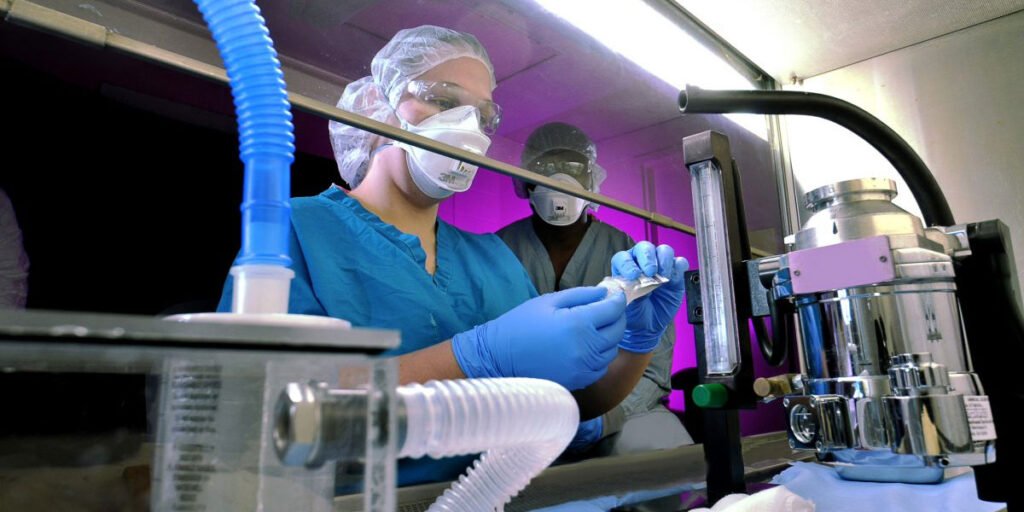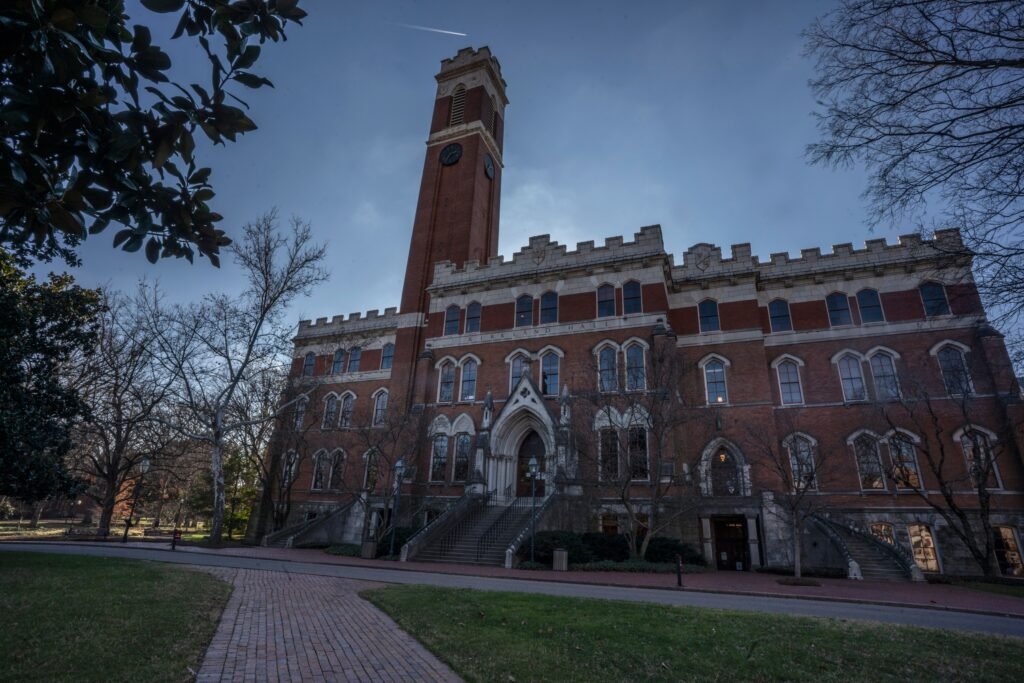
Alabama is a great place to do business, but it can be even better if we help employers address the biggest challenge they cite: finding workers with the right skills to do the job.
Businesses cannot thrive and grow if they cannot find qualified workers. Individuals cannot thrive without good jobs that allow them to support their families. Our state must be more strategic in taking steps to meet the needs of employers by providing our citizens with targeted pathways to training for good jobs.
We are pleased to have the opportunity to do both in an industry that is so important to Birmingham’s current economy and future.
As currently written, Alabama’s 2025 education budget includes an initial investment of $5 million to establish a Biomedical Workforce Training Center in Birmingham. The workforce center will prepare the workforce for entry-level careers in the biomedical industry and provide students with the opportunity to gain certification to work as lab technicians and other critical, high-demand, less-than-bachelor’s degree positions in the research and development industry.
The training center will be built on the former site of Southtown Court public housing, near the University of Alabama at Birmingham, the state's largest employer and a recognized leader in biomedical research, and even closer to Southern Research, a nonprofit organization that is the state's largest non-academic recipient of research funding from the National Institutes of Health.
Many of those training at the Biotechnology Workforce Development Center may literally be within walking distance of their future employers.
The Southtown facility is also the centerpiece of a larger plan to take Birmingham's biomedical industry to a whole new level.
The vision for the Southtown land is to be part of the state's first research and development corridor, an innovative new concept that could become reality under legislation currently under consideration in the state Legislature.
This bill would give cities the power to designate certain areas within their jurisdictions as research and development corridors. If the city so chooses, it could exempt businesses within those areas from paying non-education taxes. In return, those businesses could pay a fee to be used as a resource to encourage future investment and leverage federal research and development grants within the corridor.
The Biotechnology Workforce Center will support the workforce needs of research facilities across the state, and the Research Corridor framework will benefit not only Birmingham but other Alabama cities looking to grow their research and development operations. By advancing these two measures, the Alabama Legislature is supporting significant growth in the state's biomedical industry.
I don't want to miss this opportunity.
According to a 2023 report from United for Medical Research, funding from just one source, the National Institutes of Health, will generate $5.9 billion in new economic activity and support 38,650 jobs in Alabama between 2016 and 2022. The report also noted that the average salary for research and development jobs is double that of jobs in other sectors.
And the growth potential has yet to be fully reached.
The Bureau of Labor Statistics projects that national employment in healthcare will grow by 2 million jobs, or 13%, by 2031. Biomedical scientists are expected to be one of the fastest-growing healthcare occupations, with employment projected to grow 10% by 2032, much higher than the average for all occupations.
In addition to the bright outlook for the industry overall, the Birmingham metropolitan area has a unique opportunity to be part of that growth. We were recently designated a Federal Tech Hub, one of only 31 regions nationwide. We were selected from nearly 200 applications, and our success depended on the current strength of our biotech sector and our potential to achieve even greater things.
As a technology hub, Birmingham is poised to secure $75 million in federal funding, a potentially game-changing investment for our community.
But to take advantage of these opportunities, we need to be properly prepared, and I am proud of the progress we are making this legislative session.
The Research and Development Corridor will make our city a much more attractive place to start or locate biomedical businesses, and the Biotechnology Workforce Training Center will ensure we have the right talent to support these businesses.
Laying the foundation for economic development through developing a quality workforce is not a new concept in Alabama, which has a track record of establishing specialized training centers, such as the Advanced Manufacturing Training Facility at the Alabama Robotics Technology Park, which received a $30 million investment from the state last year.
“The initial $5 million this year for biotech workforce training will meet existing workforce needs and provide state residents with a pathway to good, sustainable jobs in one of our state's largest and most promising industries. We believe that when we create pathways for people to enter the workforce and gain the right skills for the right jobs, we can unlock the potential for economic growth our state has never seen before.
This is a win for people looking for good jobs, a win for the biotech industry, and a win for our state.
Senator Jabo Waggoner represents the 16th Senate District in the Alabama Legislature. Senator Roger Smitherman represents the 18th Senate District in the Alabama Legislature.
Do not miss it! Subscribe now Get the top Alabama news stories delivered to your inbox.







